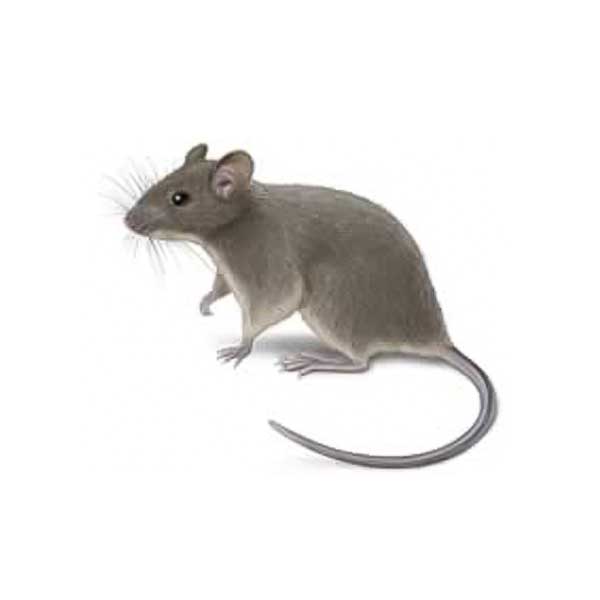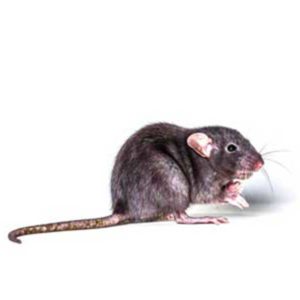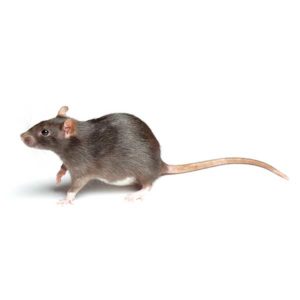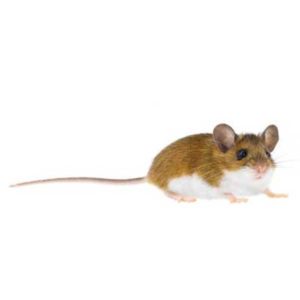
House Mice in Atlanta, GA
House mice are small rodents known for their adaptable nature and widespread presence across the globe. They have relatively large ears, pointed snouts, and long, hairless tails that can be as long as their bodies. Their fur coloration can vary from light brown to gray, often with a lighter belly. House mice are prolific breeders, capable of producing litters of 5 to 6 pups multiple times a year, which contributes to their rapid population growth. They’re highly adaptable and can thrive in various environments, including homes, barns, fields, and urban areas. Omnivorous by nature, they consume a wide range of food, from grains and seeds to insects and even smaller mammals if available.
House Mouse Habitat
House mice are incredibly versatile in their habitats, thriving in both rural and urban environments. They seek out shelter in buildings, homes, barns, and fields, making nests in wall cavities, attics, or any secluded, warm areas. Their ability to squeeze through tiny openings allows them to access food and shelter easily. As omnivores, they have a varied diet, feeding on grains, seeds, fruits, and even meat when available. They are particularly attracted to stored grains and cereals, making food storage areas a common target.
House Mouse Behaviors, Threats, or Dangers
House mice pose several risks to both health and property. One significant concern is their ability to contaminate food and surfaces with their urine, feces, and hair, potentially spreading diseases such as salmonellosis, leptospirosis, and hantavirus. Their gnawing habits can cause structural damage to buildings, furniture, and electrical wiring, leading to potential fire hazards. Additionally, they can carry parasites like fleas and ticks, which can further transmit diseases to humans and pets. With how quickly house mice can reproduce, it’s crucial to contact a licensed rodent removal company as quickly as possible if you suspect you have an infestation.



